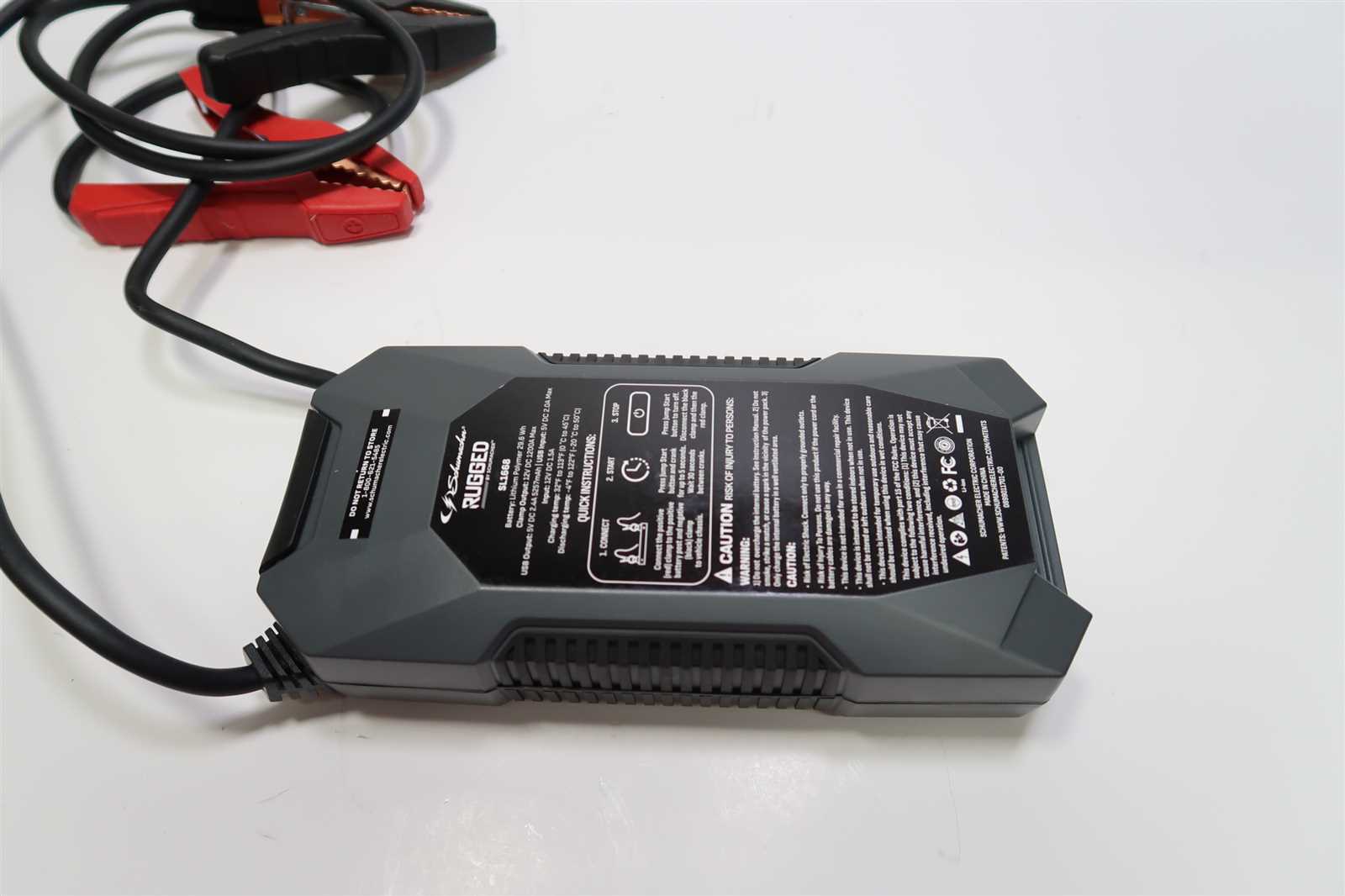
Welcome to your go-to resource for understanding and utilizing your new equipment. This guide is crafted to offer clear and practical information, ensuring you can make the most of your device’s features and functionalities. Whether you’re setting up for the first time or seeking to enhance your usage, this resource provides essential insights and step-by-step instructions.
In the following sections, you’ll find detailed explanations that cover various aspects of operation and maintenance. From initial setup to troubleshooting common issues, every chapter is designed to support you in achieving optimal performance. With straightforward language and helpful tips, this guide aims to simplify your experience and ensure effective usage of your device.
Overview of Duralast DL-800L
This section provides a comprehensive look at the features and functionality of a specific device designed for automotive use. This tool is engineered to offer reliable performance and user-friendly operation for various tasks. It is tailored to meet the needs of both professional technicians and DIY enthusiasts.
The device is characterized by its robust construction and advanced capabilities, ensuring durability and accuracy in its operations. With an emphasis on ease of use, it integrates various functions that enhance its versatility. Key specifications and operational aspects are outlined in the table below:
| Feature | Description |
|---|---|
| Functionality | Designed for automotive diagnostics and repair tasks |
| Construction | Made with high-quality materials for durability |
| Ease of Use | Intuitive controls and display for user convenience |
| Performance | Offers precise measurements and reliable results |
Setting Up the Device
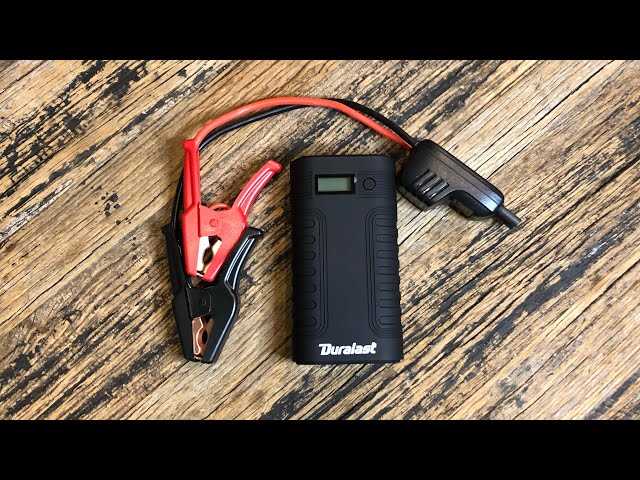
Proper installation of your device is essential to ensure optimal performance and functionality. This section will guide you through the essential steps required to get your equipment up and running smoothly. Following these steps will help you avoid common issues and maximize the efficiency of your device.
Preparation Before Setup
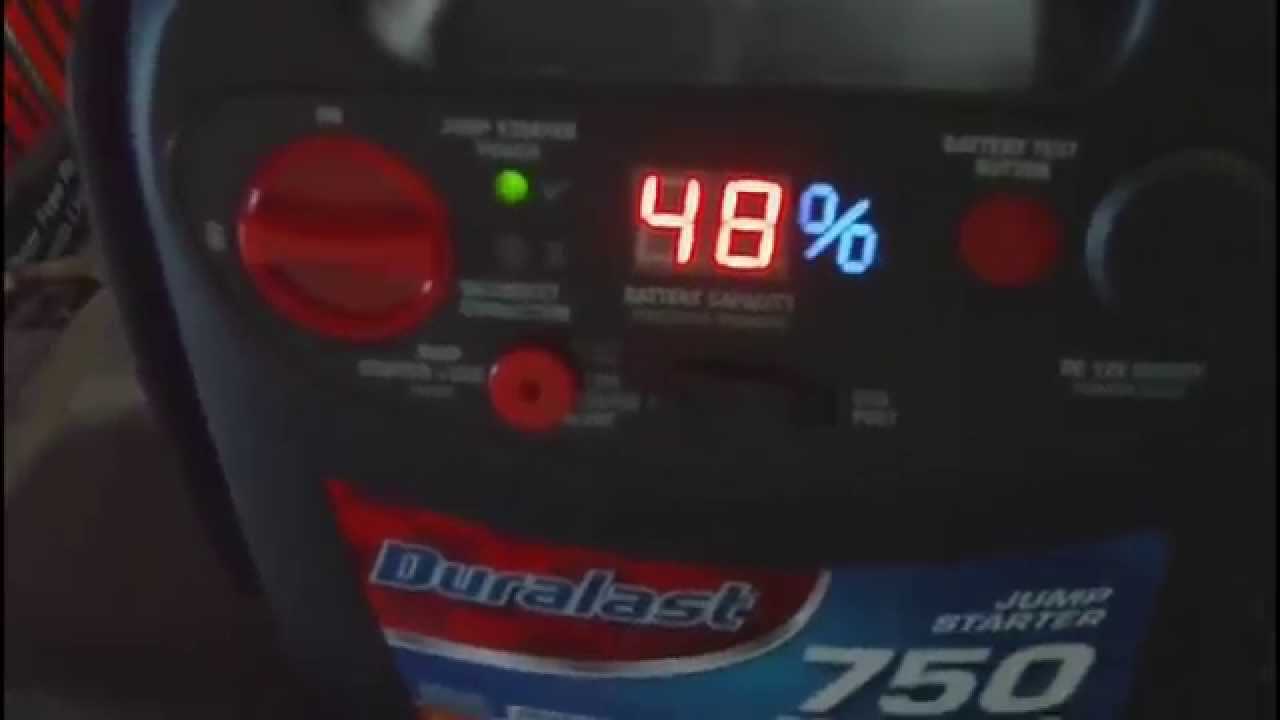
- Ensure you have all the necessary components and accessories included with your device.
- Choose a suitable location that provides adequate ventilation and is free from excessive dust or moisture.
- Verify that you have the required tools and equipment for installation.
Installation Steps
- Start by connecting the main unit to a power source using the provided power cord.
- Secure all necessary cables and connectors according to the configuration specifications.
- Power on the device and follow the on-screen instructions or setup prompts.
- Perform any required initial calibrations or adjustments as directed in the setup process.
After completing these steps, your device should be ready for use. Refer to the troubleshooting section if you encounter any issues during setup.
Unboxing and Initial Assembly
When you first receive your new equipment, the initial step involves carefully unpacking and setting it up. Begin by removing all components from the packaging and placing them on a clean, flat surface. Ensure that you have all parts as listed in the included parts list. This stage is crucial for checking the completeness of your purchase before proceeding with assembly.
Once everything is laid out, follow the assembly instructions closely to ensure correct setup. Assemble each piece according to the guidelines provided, taking care to handle all components gently to avoid any damage. Proper assembly is essential for the optimal performance and longevity of the equipment.
Operating Instructions
This section provides essential guidelines for effectively utilizing the device. It outlines the key procedures and functions to ensure proper operation and achieve optimal performance.
| Action | Description |
|---|---|
| Setup | Follow the initial configuration steps to prepare the device for use. Ensure all components are correctly assembled and connected. |
| Usage | Operate the device according to the outlined procedures. Refer to the specific functions to perform various tasks and monitor performance indicators. |
| Maintenance | Regularly check and maintain the device to ensure longevity. Follow the recommended maintenance schedule and address any issues promptly. |
How to Use the DL-800L
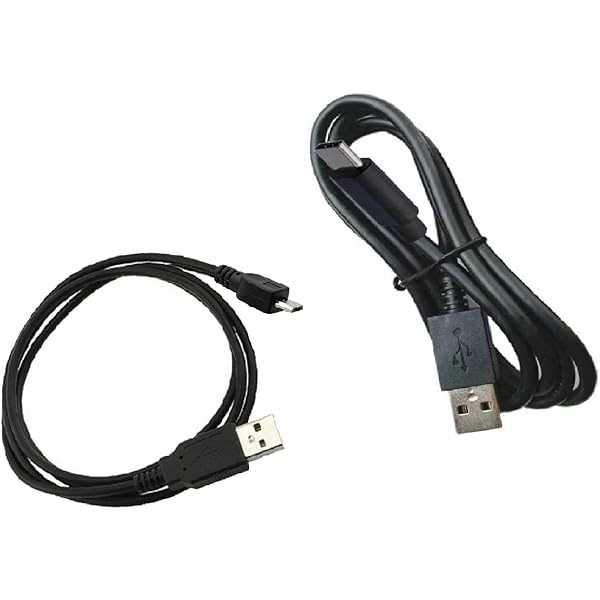
To effectively operate this device, begin by familiarizing yourself with its key functions and settings. This ensures a smooth and efficient usage experience.
- Start by connecting the device to a power source and turning it on.
- Adjust the settings according to your specific needs, using the control panel provided.
- Refer to the various modes and options to optimize performance for your particular tasks.
Always ensure that you follow safety guidelines to avoid any potential hazards during operation.
Maintenance Guidelines
Proper upkeep is essential for ensuring the longevity and optimal performance of your equipment. Regular maintenance helps prevent potential issues and enhances the reliability of the device. Follow these guidelines to keep your tool in top shape.
Routine Checks: Perfo
Care and Upkeep Recommendations
Proper maintenance is crucial for ensuring the longevity and optimal performance of your equipment. Regular care not only extends the lifespan of the device but also helps in maintaining its efficiency.
Routine Maintenance

- Inspect the device regularly for any signs of wear or damage.
- Keep all moving parts clean and free from debris.
- Lubricate components as needed to ensure smooth operation.
Storage Guidelines

- Store the equipment in a dry and dust-free environment.
- Avoid exposing the device to extreme temperatures or humidity.
- Ensure that the device is not subjected to excessive vibrations or impacts during storage.
Troubleshooting Common Issues
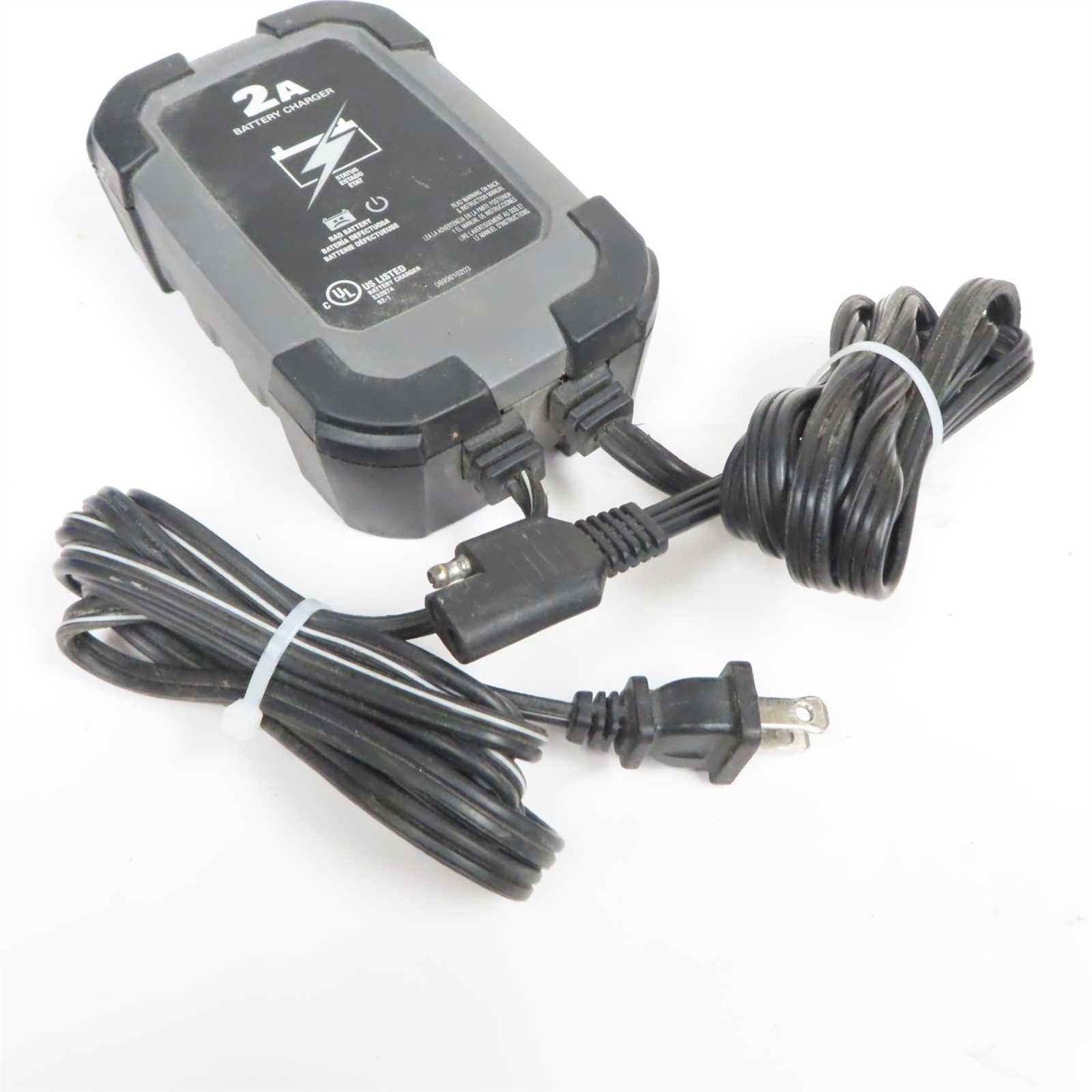
When using any equipment, encountering problems can be quite frustrating. Understanding how to address frequent challenges can make the process smoother and less stressful. This section provides guidance on resolving typical issues you might face, helping you get back to optimal performance quickly.
Device Not Powering On
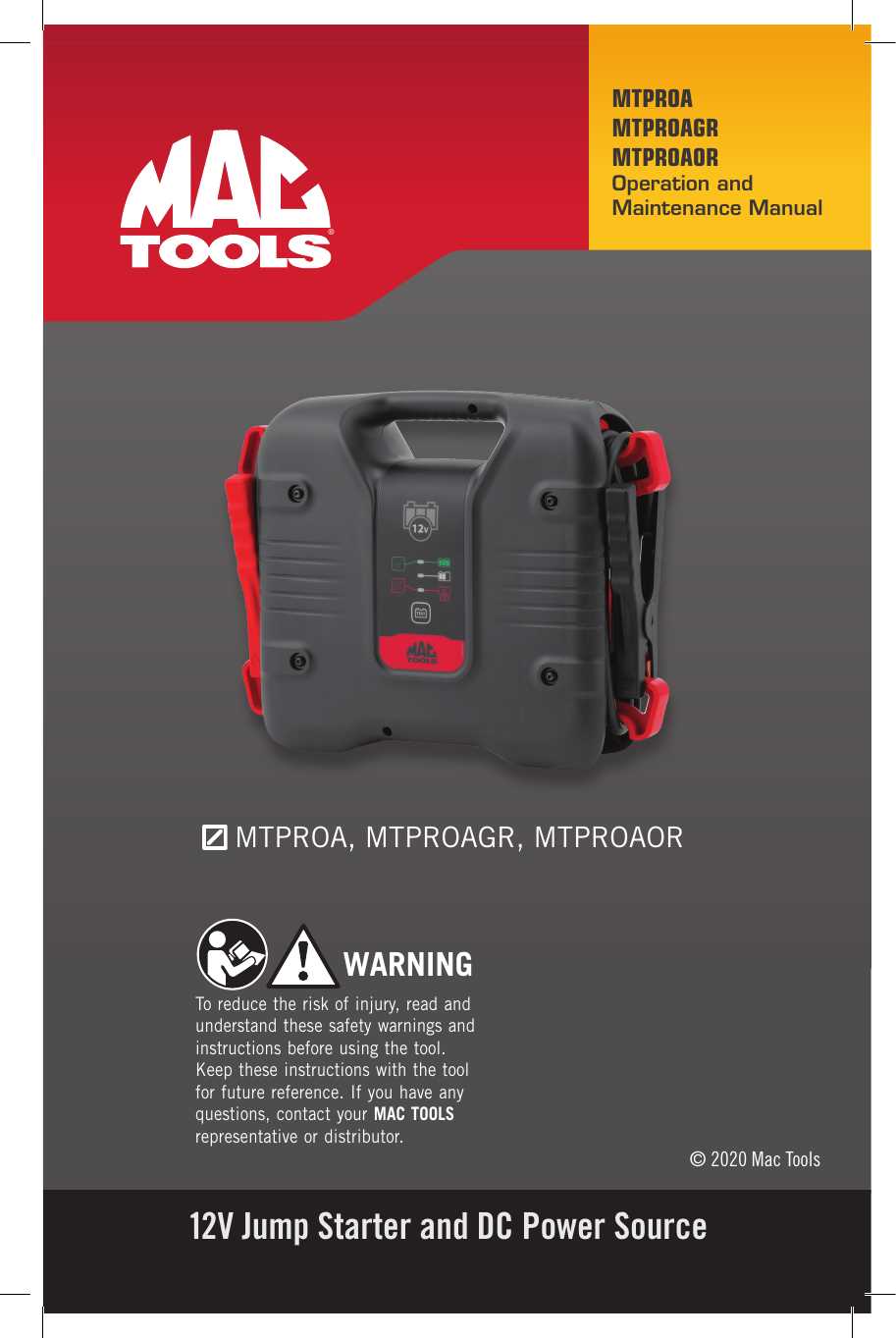
If the device fails to turn on, first check if it is properly connected to a power source. Ensure that the power switch is in the ‘on’ position. If the issue persists, examine the power cord for any visible damage and consider trying a different outlet to rule out issues with the current one.
Unresponsive Controls
In case the controls do not respond, it might be due to a loose or disconnected cable. Verify that all connections are secure and that no cables are frayed or damaged. Additionally, resetting the device may resolve the issue. Refer to the reset procedure provided in the equipment’s general guidelines.